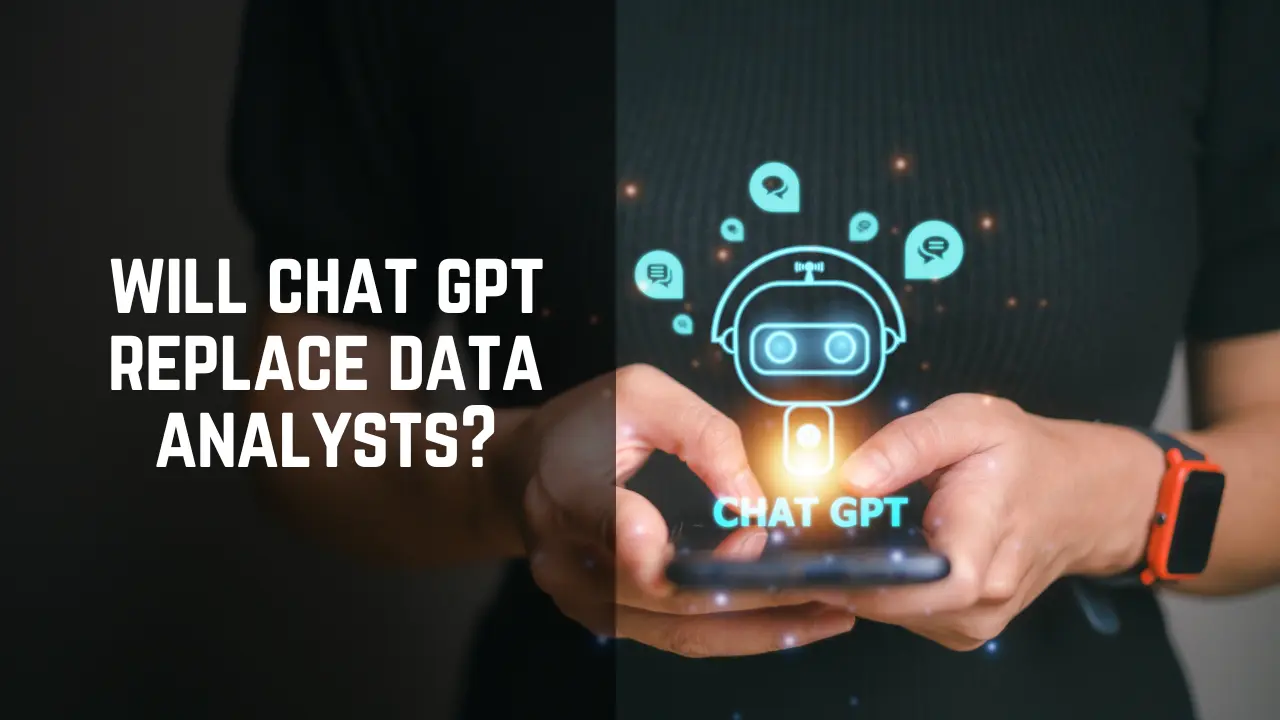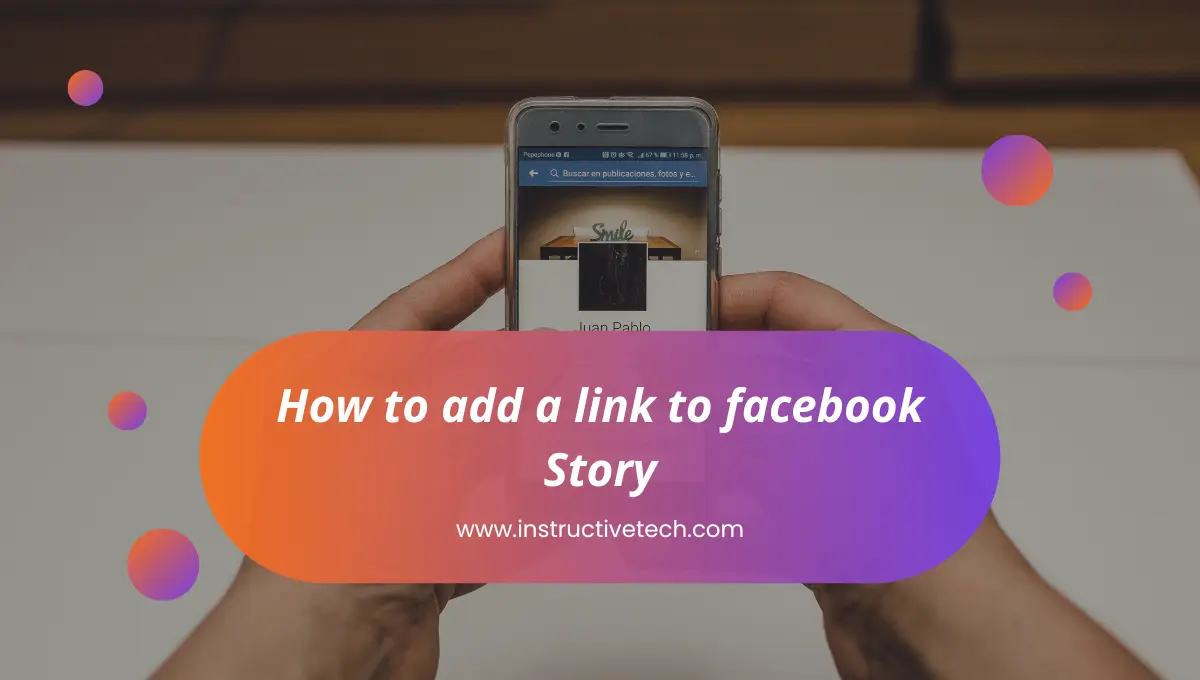As artificial intelligence continues to make strides, ChatGPT has emerged as a prominent tool for data analysis. With its impressive natural language processing capabilities, the technology offers the potential to revolutionize various industries, including data analysis. But will ChatGPT completely replace data analysts? Let’s delve deeper into this intriguing topic.
What is ChatGPT and How Does it Work?

Developed by OpenAI, ChatGPT is a powerful language model that utilizes GPT-4 architecture. Its primary function is to understand and generate human-like text based on context, making it an invaluable asset for various applications, from customer service to content creation. By leveraging an extensive dataset, the model can respond intelligently to user queries and generate relevant information.
The Role of Data Analysts in the Modern Business World
Data analysts play a crucial role in the business world. They are responsible for collecting, processing, and interpreting data to derive valuable insights that drive informed decision-making. Through their expertise in statistical analysis and visualization, data analysts help organizations identify patterns, trends, and opportunities to achieve their goals.
ChatGPT’s Potential Impact on Data Analysis
There’s no denying that ChatGPT has the potential to significantly impact data analysis. Its ability to understand context, extract meaningful information, and generate human-like responses offers an efficient, automated solution for data-driven tasks. This could lead to increased productivity and reduced turnaround time for data processing.
ChatGPT’s Limitations and the Continued Need for Human Expertise
Despite its incredible capabilities, ChatGPT is not without limitations. It is, after all, a machine learning model that relies on the data it has been trained on. This means it may not always provide accurate or reliable results, especially when dealing with complex or nuanced data.
Additionally, ChatGPT lacks the human intuition and creativity that data analysts bring to the table. For example, it may struggle to identify the most relevant data points or make meaningful connections between seemingly unrelated information. Data analysts, on the other hand, possess the ability to think critically and creatively, skills that are essential for successful data analysis.
The Complementary Relationship between ChatGPT and Data Analysts
Rather than viewing ChatGPT as a replacement for data analysts, it’s more accurate to see the technology as a complementary tool. By automating repetitive tasks and streamlining data processing, ChatGPT can free up time for data analysts to focus on more complex, strategic projects. In this way, the combination of human expertise and artificial intelligence can lead to more efficient and accurate data analysis.
The Future of Data Analysis: A Collaborative Approach
As AI technology continues to evolve, it’s likely that ChatGPT and similar tools will become increasingly integrated into the field of data analysis. However, this doesn’t necessarily mean the end of the road for data analysts. Instead, it points towards a future where AI and human expertise work together in a collaborative approach to data analysis.
By embracing the capabilities of AI, data analysts can become more efficient and effective in their work. At the same time, their unique human qualities will continue to be essential for making sense of complex data and driving meaningful insights. The key is striking the right balance between leveraging technology and relying on human expertise.
Conclusion: Embracing the Potential of ChatGPT in Data Analysis
In conclusion, while ChatGPT holds enormous potential to transform data analysis, it is unlikely to completely replace data analysts. Rather, the technology offers an opportunity to enhance the role of data analysts, allowing them to focus on more strategic and creative tasks. By incorporating AI tools like ChatGPT into their workflows, data analysts can increase efficiency, streamline processes, and ultimately, drive better results for their organizations.
The future of data analysis lies in a collaborative approach, where the unique strengths of both AI and human expertise are harnessed for optimal outcomes. As technology continues to advance, it’s crucial for data analysts to adapt and embrace these changes, ensuring they remain indispensable in the ever-evolving world of data analysis.
Preparing Data Analysts for the AI-Driven Future
As ChatGPT and other AI tools become more prevalent in data analysis, it’s essential for data analysts to be prepared for the changing landscape. This means staying up-to-date with the latest advancements in AI and machine learning, as well as honing their skills in critical thinking, creativity, and communication.
By continuously learning and adapting to new technologies, data analysts will not only secure their place in the industry but also unlock new opportunities for growth and innovation. The key is to view AI as an ally, rather than a threat, and to leverage its capabilities for the betterment of data analysis as a whole.
The Power of Human-AI Collaboration in Data Analysis
The potential of human-AI collaboration in data analysis is immense. By combining the contextual understanding and creativity of data analysts with the efficiency and scalability of AI tools like ChatGPT, organizations can unlock new levels of insight and make more informed decisions.
This powerful synergy can lead to the development of innovative solutions, the identification of previously unseen patterns and trends, and the optimization of processes across various industries. Ultimately, embracing the potential of ChatGPT and other AI tools in data analysis will pave the way for a brighter, more data-driven future.
Final Thoughts: The Coexistence of ChatGPT and Data Analysts
The question of whether ChatGPT will replace data analysts is a complex one. While it’s clear that AI has the potential to reshape the field of data analysis, the unique skills and expertise of data analysts remain vital in driving meaningful insights from data.
By adopting a collaborative approach and embracing the potential of AI tools like ChatGPT, data analysts can secure their place in the industry and contribute to a more efficient and innovative future for data analysis. The key is to view the relationship between AI and human expertise as complementary, rather than competitive, ensuring that both can coexist and thrive in the ever-evolving world of data analysis.
Boost WooCommerce Security: Set Up OTP Login in WordPress
Passwords, while essential for security, can be vulnerable to hacking and breaches. To add an extra layer of protection for your WooCommerce store, consider implementing an … Read more …
How to Create Woocommerce Flutter App for WordPress free
Absolutely! Let’s break down how to create a WooCommerce Flutter app for your WordPress store. Here’s a comprehensive outline of the process and essential considerations: 1. … Read more …




